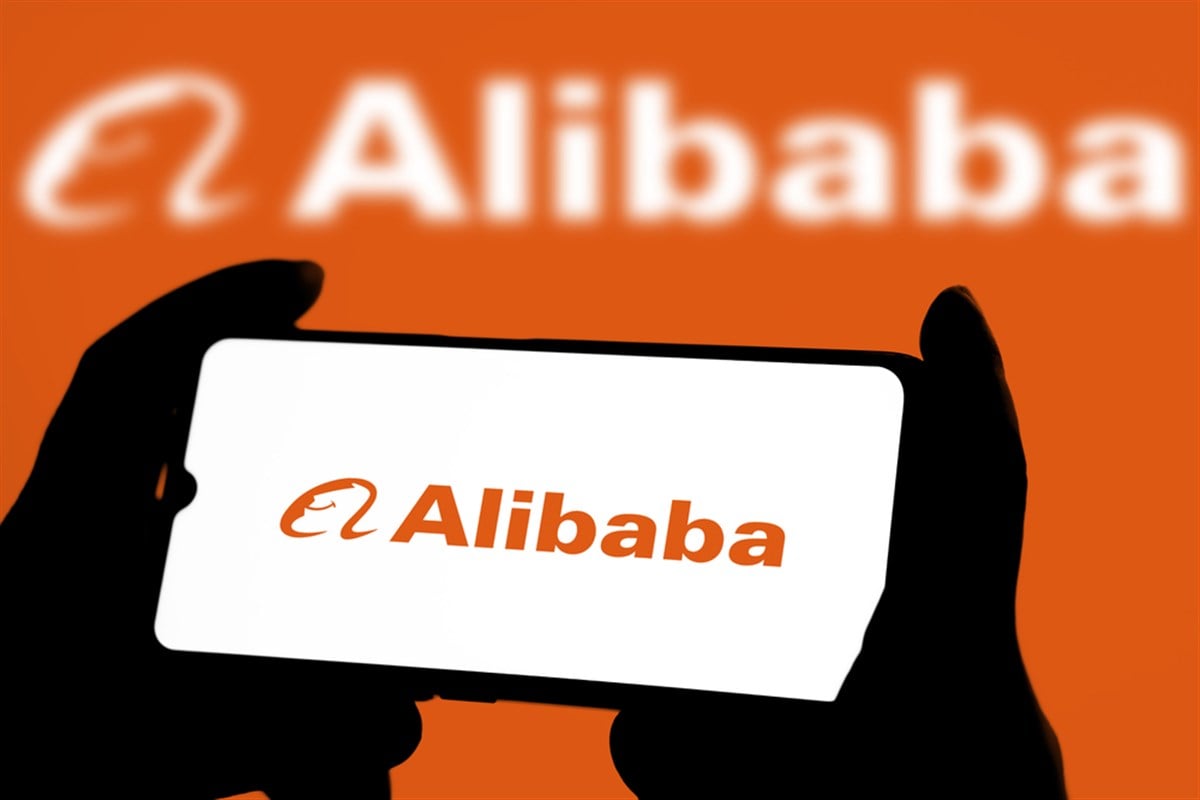Financial News
More News
View More
Tesla’s Robotaxi Goes Unsupervised: Is the Rally Justified? ↗
Today 18:12 EST
UAL Stock Taking Flight After Earnings Confirm Strong Demand ↗
Today 17:26 EST
Why Apple’s Sell-Off May Be Overdone Right Before Earnings ↗
Today 16:44 EST
Recent Quotes
View More
Stock Quote API & Stock News API supplied by www.cloudquote.io
Quotes delayed at least 20 minutes.
By accessing this page, you agree to the Privacy Policy and Terms Of Service.
Quotes delayed at least 20 minutes.
By accessing this page, you agree to the Privacy Policy and Terms Of Service.
© 2025 FinancialContent. All rights reserved.









